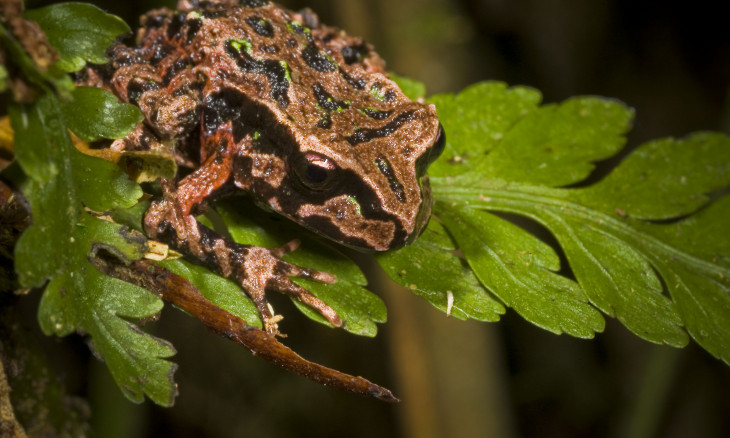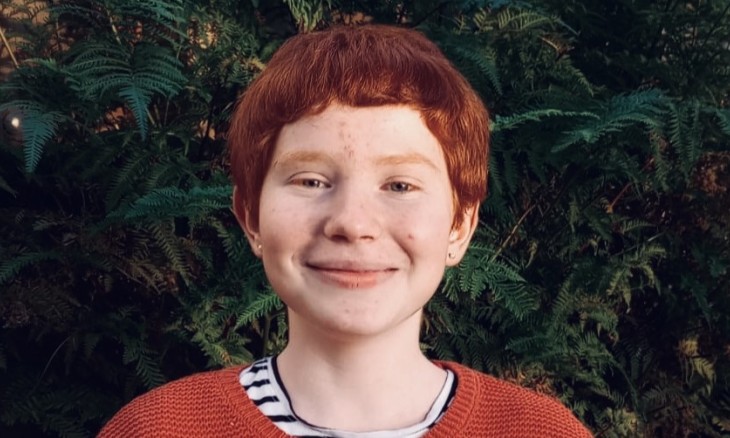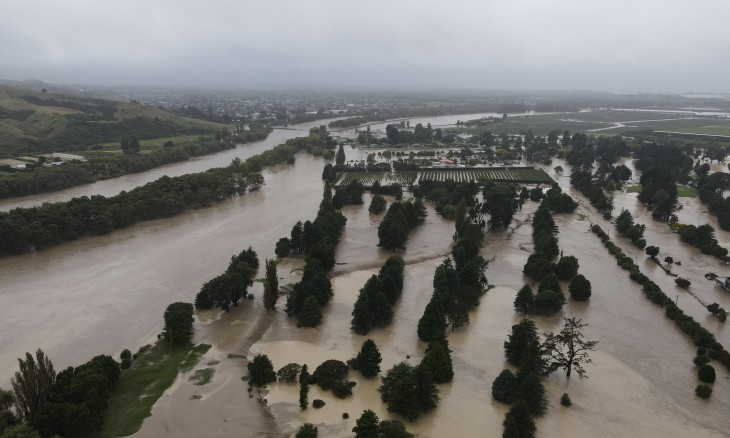Marlborough Forest & Bird volunteers completed a third round of plague skink control over Easter, to help protect native skinks and geckos.
They caught 209 plague skinks in 485 traps over the four full days that the traps were out.
Branch secretary, Helen Braithwaite, said the total number caught along both sides of a main and side-drain were similar to the last effort, in March 2021. Trapping started in spring 2019 and was repeated from spring 2020 through to autumn 2021 but disrupted by Covid lockdowns.
“Although this is obviously not statistically significant, it is reassuring there has not been a dramatic increase in numbers of this pest.”
To follow up, volunteers are checking onduline plots for native lizards and plague skinks, basking or sheltering in these small pieces of roofing material.
There is a risk of plague skinks displacing native lizards. They tend to form large populations, encouraging disease and predators that could seriously impact native skinks and geckos. New Zealand species – with one exception – give birth to live young but plague skinks lay multiple eggs.
Also known as rainbow skinks, the Australian natives are 3-4cm long, from nose to back legs. Brown or grey/brown with a metallic sheen in bright light, they favour moist sites in industrial areas, garden centres, gardens and wasteland. Populations are well established in greater Auckland, the Coromandel Peninsular, Tauranga and Te Puke and also found in the Waikato and Northland, as well as Marlborough.
Marlborough District Council biosecurity manager, Jono Underwood, describes plague skinks as “a classic hitchhiker. They love to lay eggs in pot plants, building materials and outdoor landscaping goods. It is therefore important that anyone moving materials like this from north to south checks for signs of plague skinks or other invasive pests such as the Argentine ant.”
Suspected plague skink finds outside known areas can be reported to the Ministry for Primary Industries Pest & Disease Hotline (0800 80 99 66) on online HERE.










